ATLANTA — Penn swimmer Lia Thomas’ collegiate swimming career ended with an eighth place finish in the 100-yard freestyle on Saturday. Thomas posted a time of 48.18 seconds, 0.81 seconds slower than her qualifying time of 47.37 seconds.
Virginia freshman Gretchen Walsh finished first in 46.05 seconds to win her first individual NCAA championship.
Yale junior Iszac Henig finished with a career best 47.32 seconds to tie for fifth place. Henig is a transgender man, and is eligible to compete in the women’s category because he hasn’t begun hormone therapy.
Walsh started the race slow, but gained steam over the final 50 to pass University of Alabama senior Morgan Scott. Thomas was in eighth after the first 50, and Henig was in fifth, which is where they both ultimately finished. Thomas was the only finalist to go slower than her qualifying time.
Before the race, as has become customary at this meet, Thomas’ name was met with scattered cheers, a couple of boos, and noticeable quiet.
Thomas and Henig came into the 100 free final as the fourth and eighth seeds, respectively. They both finished their qualifying heats in second place. The last time they squared off was in February at the Ivy League championships. Thomas got the better of Henig there, taking home the conference title. In Atlanta, Henig avenged that loss.
On the podium after the awards ceremony, Thomas and Henig posed for a photo together and embraced in celebration. Both swimmers wrote “Let trans kids play” on their arms for the race.
The 100 free capped a months-long controversy surrounding Thomas. Ever since she won the 200, 500 and 1,650 freestyle in Akron, Ohio, at the Zippy Invitational in December, her name has stayed in the news.
First it was gawking at the times she put up and their proximity to Katie Ledecky’s 500 freestyle and Missy Franklin’s 200 freestyle records. Although Thomas was 10 seconds off Ledecky’s pace and over 2 seconds off of Franklin’s, she was seemingly within striking distance in December.
Many in the swimming community wondered how fast Thomas would be after a season of training and a full taper heading into the NCAA championships.
That core question was finally answered in Atlanta. Thomas competed in three individual events: the 500, 200 and 100 freestyle. She made all three championship finals (A-finals in swimming parlance), making her a three-time All-American. She placed eighth in the 100, tied for fifth in the 200 and won the 500, finishing 9 seconds off Ledecky’s record. Thomas set no pool, meet or American records during the meet.
“It means the world to be here,” Thomas said on the pool deck after winning the 500.
The tension ramping up to Thursday night was a mixture of anticipation, emotion from the protestors inside and outside the pool and uncertainty of how Thomas would perform.
“[Thursday] was tense,” said Elizabeth Beisel, an Olympian and two-time NCAA champion at Florida who worked as an analyst for the ESPN broadcast of the swimming championships. “Everyone was holding their breath on the deck. Lia swam. Lia won. [On Friday] it felt like we were back to a normal swim meet. It’s felt a lot more relaxed as the meet has gone on. It feels exactly like any other NCAA meet.”
“I definitely feel for her,” Wisconsin freshman Paige McKenna said after winning the 1650 freestyle. “It was tough coming in here, the situation she was in. With this whole experience, people need to learn how to treat other people with more respect. I respect her so much. What she did was really hard and she handled it really well .”
But for everything that has happened in Atlanta this week, the question of what happens next looms large. When the NCAA announced its new policy on Jan. 19, it opened a can of worms that has yet to be resolved. Until that date, the NCAA policy governing eligibility for transgender women in women’s championships was that they needed to have completed 12 months of testosterone suppression. But the policy put into effect on Jan. 19 deferred policy-making to each sport’s national governing body, effective immediately.
For the purposes of this swimming season, that put the focus on USA Swimming’s policy, which the organization updated in February. That policy, which notably did not apply to the NCAA championships, governs USA swimming members, designated elite events and those who want to be eligible for American records — which begins at ages 13-14.
The policy requires transgender women to go before an independent panel and prove they do not have a competitive advantage over their cisgender peers (the criteria for such proof was not enumerated), and to undergo testosterone suppression for 36 months with their testosterone levels under 5 nanomoles per liter.
The NCAA, however, did not apply those rules to the 2022 swimming championships, and it is unclear how they will apply to swimming eligibility moving forward.
Thomas’ swimming career is over. She is the only known transgender woman competing in NCAA Division I athletics at this moment. What happens next when it comes to policy for transgender athletes in collegiate sports is an open question.
But that question wasn’t answered this week in Georgia.
.









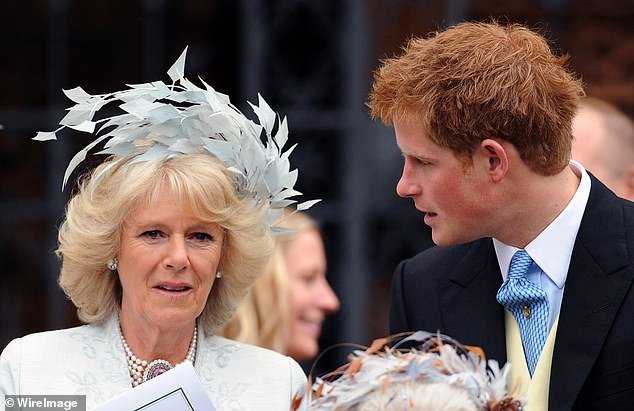


























































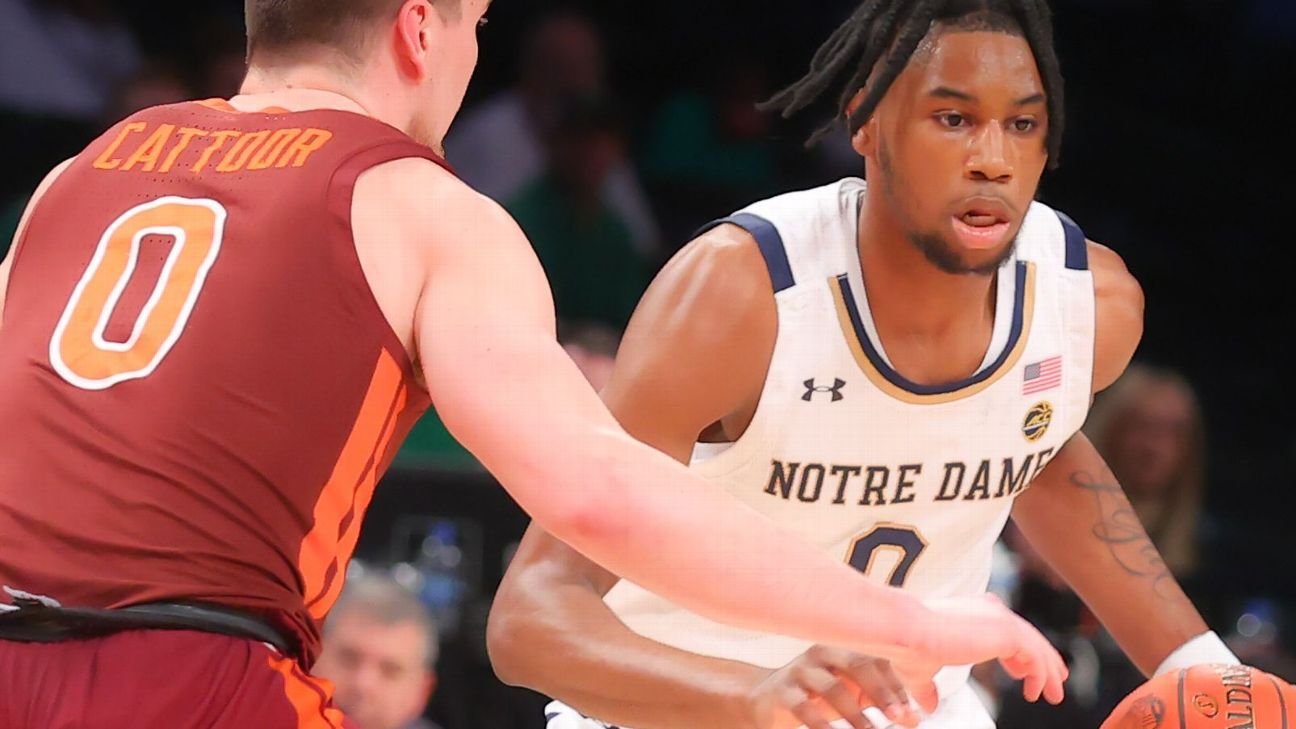

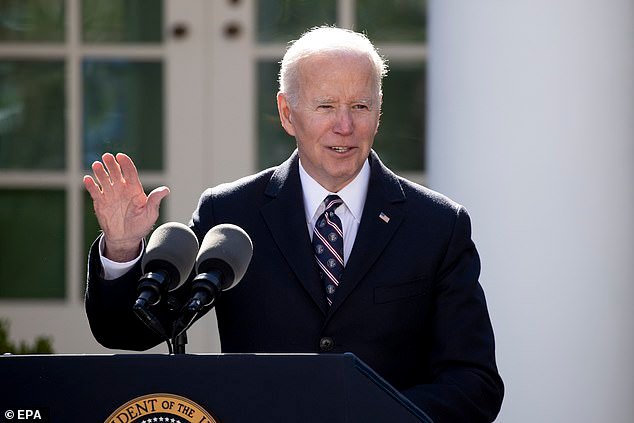




















































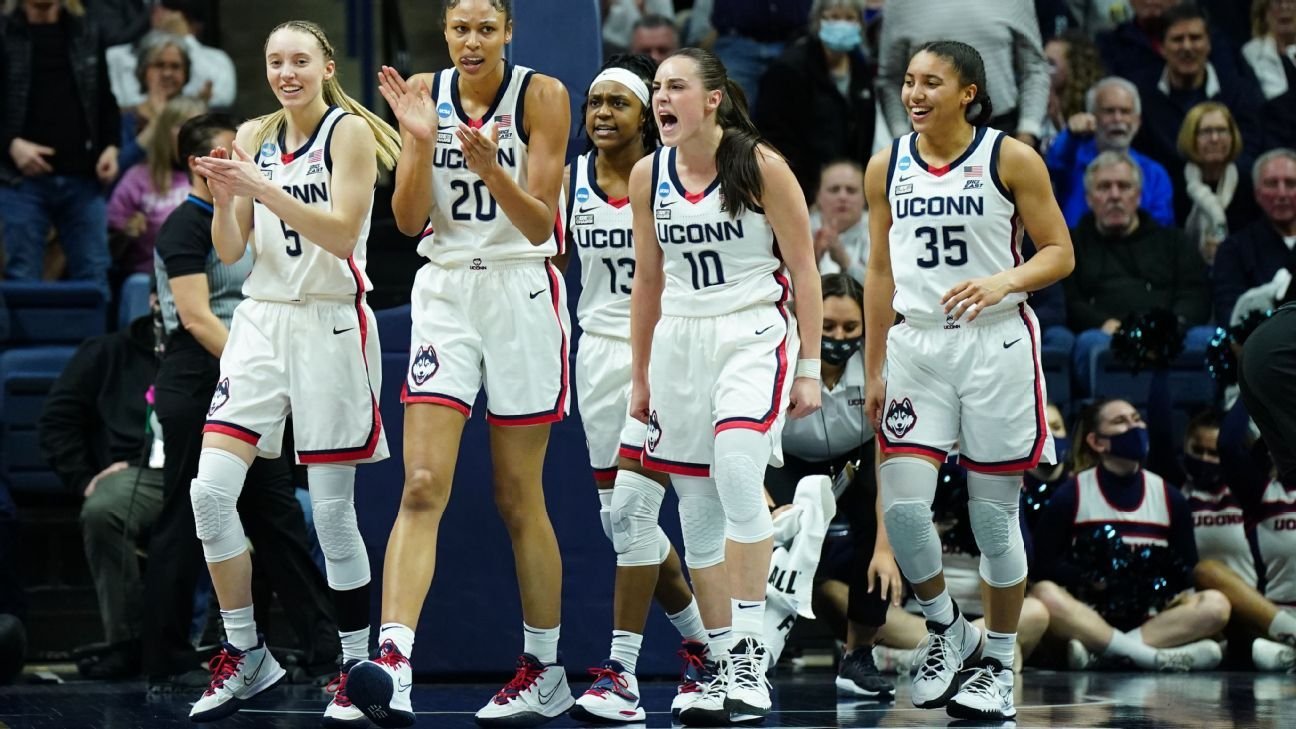































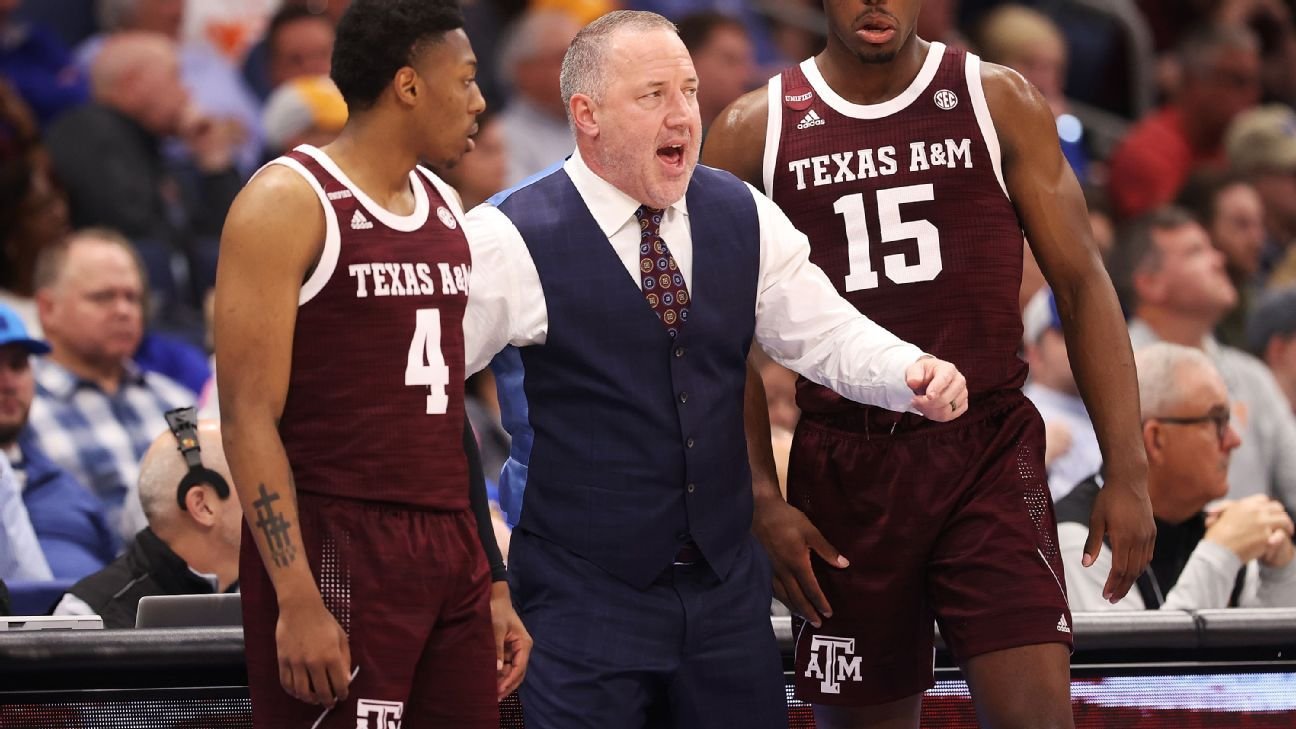



























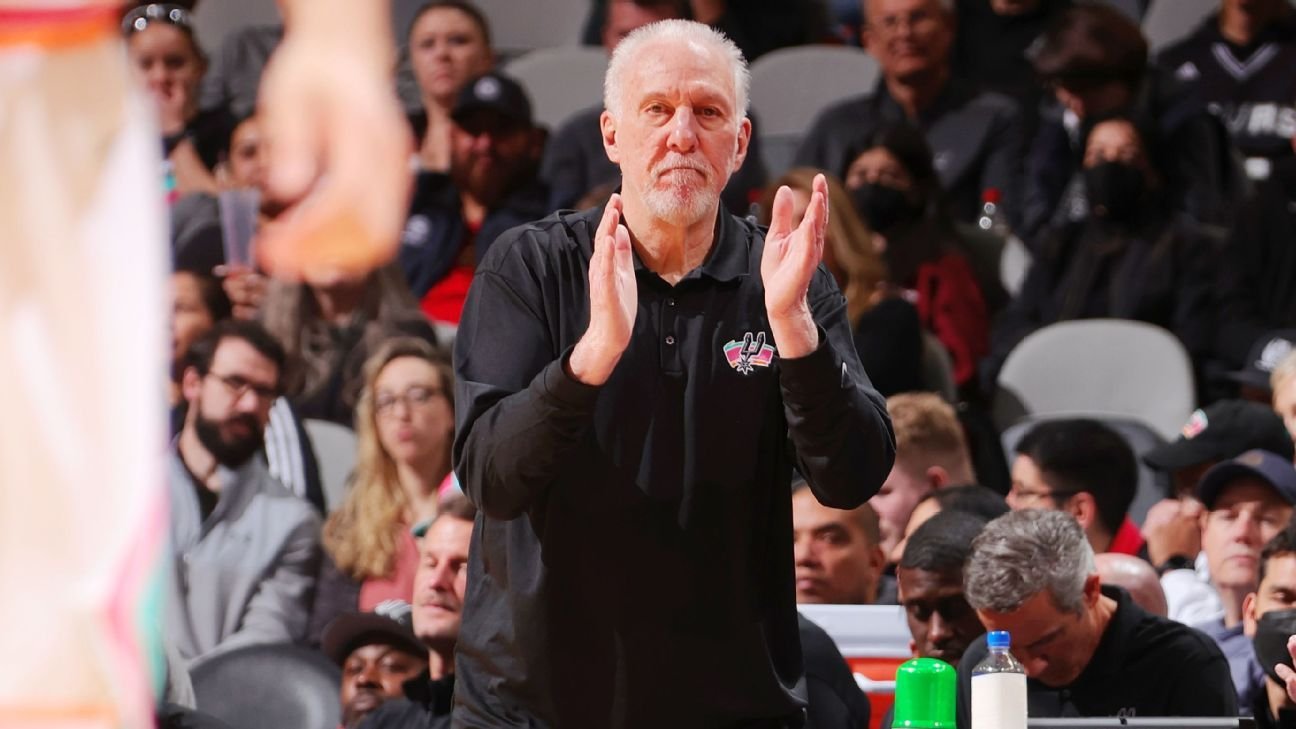



















0